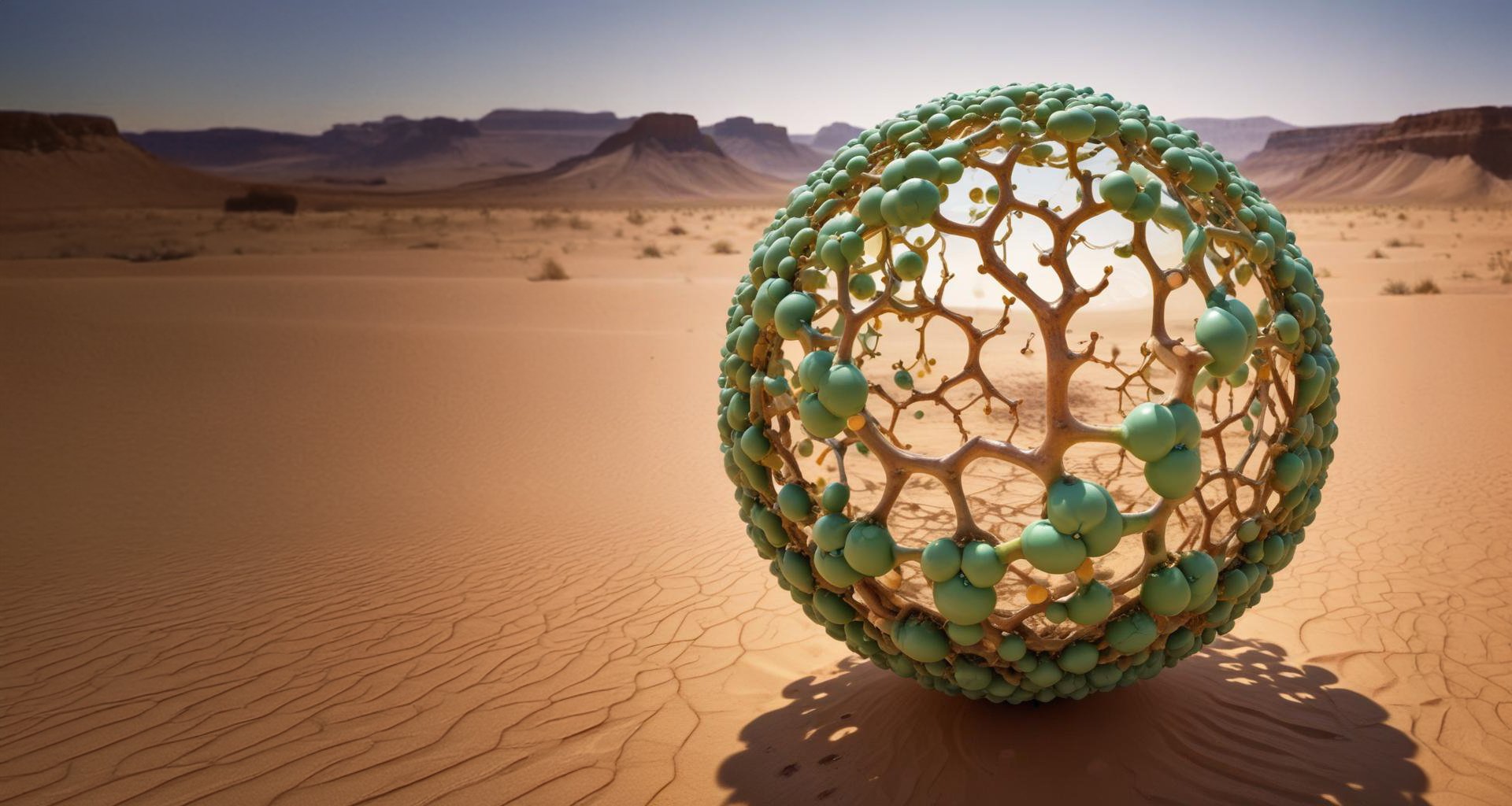
E V O L F
Evolving life from non-life
/ Dutch scientists researching synthetic cells
/ Dutch scientists researching synthetic cells
What if we could build life from scratch?
This might sound like science fiction, but it's exactly what the EVOLF project aims to achieve. At the heart of EVOLF is a grand quest to answer one of humanity's most profound questions: What is life?
This ambitious endeavor seeks to bridge the gap between non-life and life by creating the first-ever living synthetic cell. Through groundbreaking research and innovative techniques, EVOLF aims to redefine our understanding of biological complexity and the very essence of life itself. This project is not just about scientific curiosity; it has the potential to revolutionize biotechnology and medicine, impacting society in ways we are only beginning to imagine.
How we will do it.
To tackle this challenge, EVOLF combines cutting-edge biophysics, biochemistry, artificial intelligence, and directed evolution. We use an innovative approach.
Bottom-up approach
We start with basic biomolecules and assemble them into functional cellular modules. Think of it as constructing a house, but at a microscopic level, where every brick is a molecule.
AI and Evolution
We use artificial intelligence to guide the assembly process and direct the evolution of these synthetic cells. This helps us overcome the limits of traditional design and push the boundaries of what synthetic cells can do.
Ethical Considerations
Creating life from scratch comes with significant ethical questions. EVOLF integrates ethical research into its core, developing guidelines for responsible creation and control of synthetic life.

Understanding the boundaries of life and non-life
Life emerges from lifeless molecules, but how does this transformation happen? The origins-of-life field has long explored this question without definitive answers. EVOLF aims to create the first living synthetic cell from non-living molecules, revealing the principles that drive life.
This groundbreaking work follows a bottom-up approach, building complex assemblies from biomolecules, a method pioneered by Dutch researchers. Achieving this goal will revolutionize our understanding of life, akin to the discovery of DNA's structure or the human genome.
This breakthrough promises advances in sustainable biotechnology and biomedicine.

Why it matters
By building a synthetic cell, we aim to unlock the fundamental principles that govern all living systems. Just as understanding the hydrogen atom revolutionized chemistry, creating a synthetic cell will transform our understanding of biology. This could lead to groundbreaking advancements in medicine, biotechnology, and our overall understanding of life.
Join us on this journey
We're excited about the potential of synthetic cells to revolutionize our understanding of life and bring about new technological advancements. Whether you're a fellow scientist, an ethics scholar, or simply curious about the future of biology, we invite you to join us on this fascinating journey.
Stay tuned for updates on our research progress, public events, and ways you can get involved. Together, we can explore the frontiers of life and unlock the secrets of what makes us alive.



